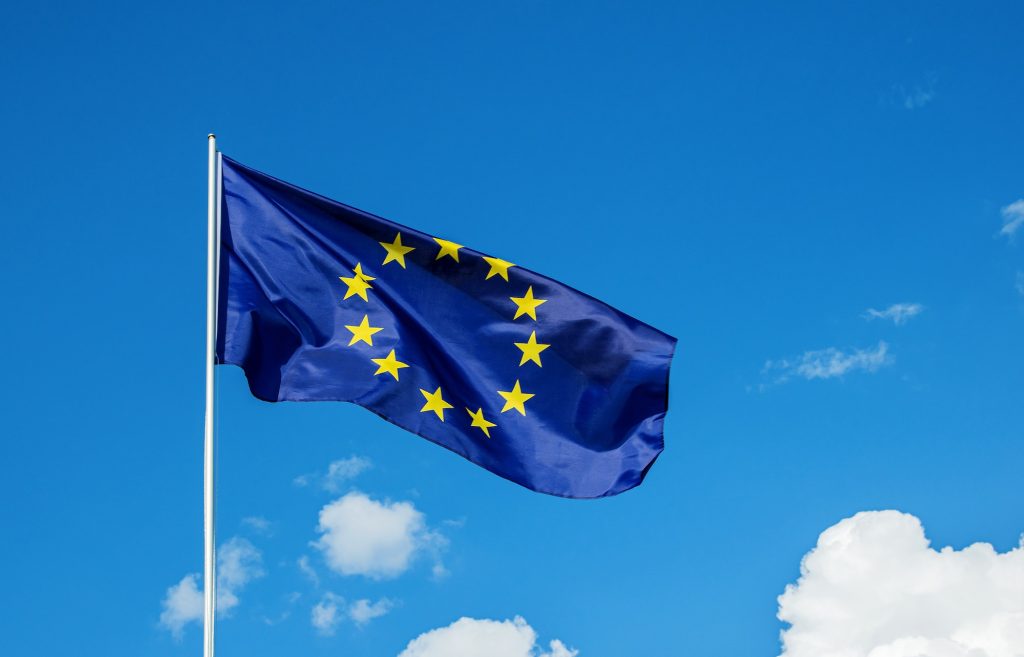EU refuses to soften tech laws for Trump trade deal
Henna Virkkunen says Europe’s tech rules won’t change for trade talks, despite US criticism from officials and tech giants like Zuckerberg and Trump himself.

The European Union has firmly ruled out dismantling its strict digital regulations in a bid to secure a trade deal with Donald Trump. Henna Virkkunen, the EU’s top official for digital policy, said the bloc remained fully committed to its digital rulebook instead of relaxing its standards to satisfy American demands.
While she welcomed a temporary pause in US tariffs, she made clear that the EU’s regulations were designed to ensure fairness and safety for all companies, regardless of origin, and were not intended as a direct attack on US tech giants.
Tensions have mounted in recent weeks, with Trump officials accusing the EU of unfairly targeting American firms through regulatory means. Executives like Mark Zuckerberg have criticised the EU’s approach, calling it a form of censorship, while the US has continued imposing tariffs on European goods.
Virkkunen defended the tougher obligations placed on large firms like Meta, Apple and Alphabet, explaining that greater influence came with greater responsibility.
She also noted that enforcement actions under the Digital Markets Act and Digital Services Act aim to ensure compliance instead of simply imposing large fines.
Although France has pushed for stronger retaliation, the European Commission has held back from launching direct countermeasures against US tech firms, instead preparing a range of options in case talks fail.
Acknowledging creative industries’ concerns over generative AI, Virkkunen said new measures were needed to ensure fair compensation for copyrighted material used in AI training instead of leaving European creators unprotected.
The Commission is now exploring licensing models that could strike a balance between enabling innovation and safeguarding rights, reflecting the bloc’s intent to lead in tech policy without sacrificing democratic values or artistic contributions.
For more information on these topics, visit diplomacy.edu.
